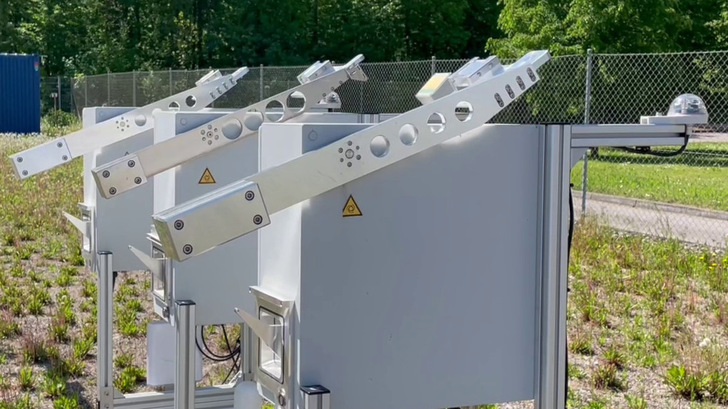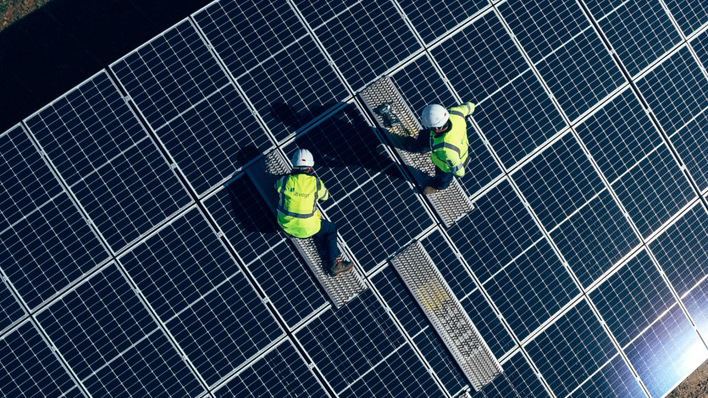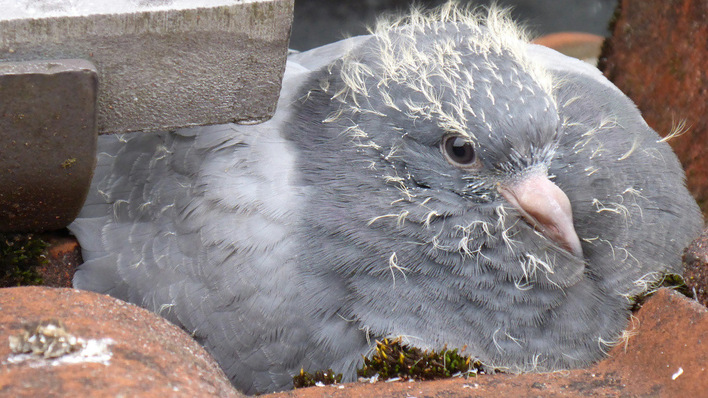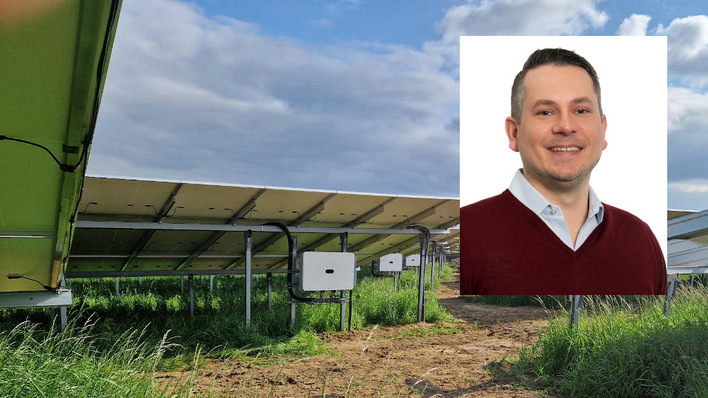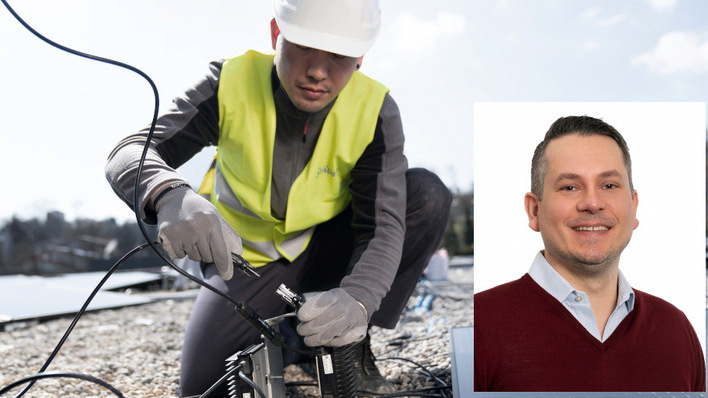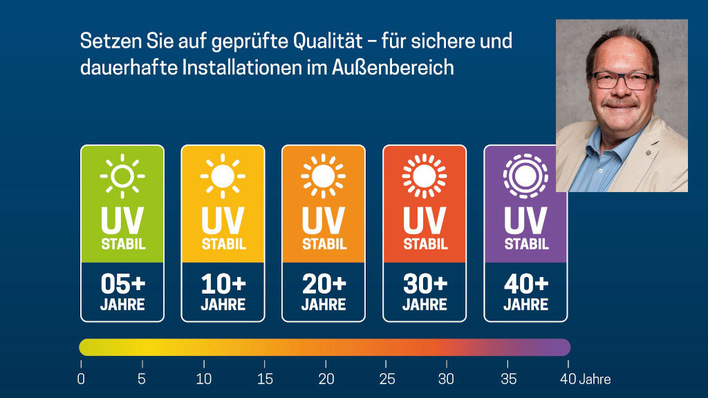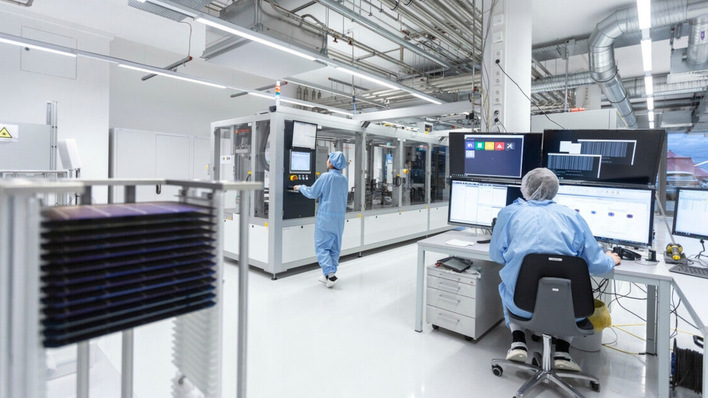Concentrating solar thermal power plants - whether parabolic troughs or tower power plants - are usually built in sunny desert areas. Here they are repeatedly exposed to intense soiling, both from sand and dust. The result is layers of dust, especially on the mirrors, which lead to lower yields.
In the worst case, solid layers of dirt can actually form on the mirrors if the dust comes into contact with only light moisture and this mixture dries in the sun. "Soiling is a particular challenge in concentrating power plant systems because the scattering of solar radiation by the dust particles leads to high yield losses," explains Gregor Bern, Group Leader Concentrating Collectors and Optics at the Fraunhofer Institute for Solar Energy Systems (ISE).
Measuring contamination every minute
To overcome this problem, the researchers at Fraunhofer ISE, together with developers from PSE Instruments, TSK Flagsol Engineering and Dornier Suntrace, have developed a fully automatic device for measuring fouling. This can automatically and cost-efficiently measure the degree of soiling on a daily basis during power plant operation, Bern emphasises. With the data from the fouling monitoring made possible by the measuring device, the operators of the power plants will be able to better plan the cleaning cycles in the future and thus increase the economic efficiency of the plants.
Test mirror shows degree of soiling
The measuring device is based on an automated reflectometer. This measures the degree of soiling of a small mirror that is aligned like the parabolic troughs of the power plant and becomes dusty over time due to environmental influences to the same extent as the large mirrors. A swivel arm automatically guides this small mirror to a measuring aperture once an hour. There, the reflectance is determined by an optical measurement technique developed by Fraunhofer ISE.
See also: An autonomous cleaning robot for solar panels
This reflectance is then compared with a reference mirror, which is protected in the measuring device and thus remains dust-free. From the difference between the two reflectance values, the actual soiling of the power plant's mirrors can be estimated.
Data are transmitted online
The entire system with mechanics and a data logger was developed by PSE Instruments. "The aim was to create a completely autonomous measuring system with an online connection for data transmission, as solar thermal plants are often installed in remote regions and over a large area," says Jan Steinmetz, head of the Test Equipment department at PSE Instruments.
Also interesting: How air pollution influences the yield of solar power arrays
The device is currently undergoing initial field tests in a parabolic trough power plant in Kuwait and is still to be tested in a solar thermal tower power plant. If these tests are successful, the project partners will bring the measuring device to the international market for both solar thermal and photovoltaic applications. (mfo)


